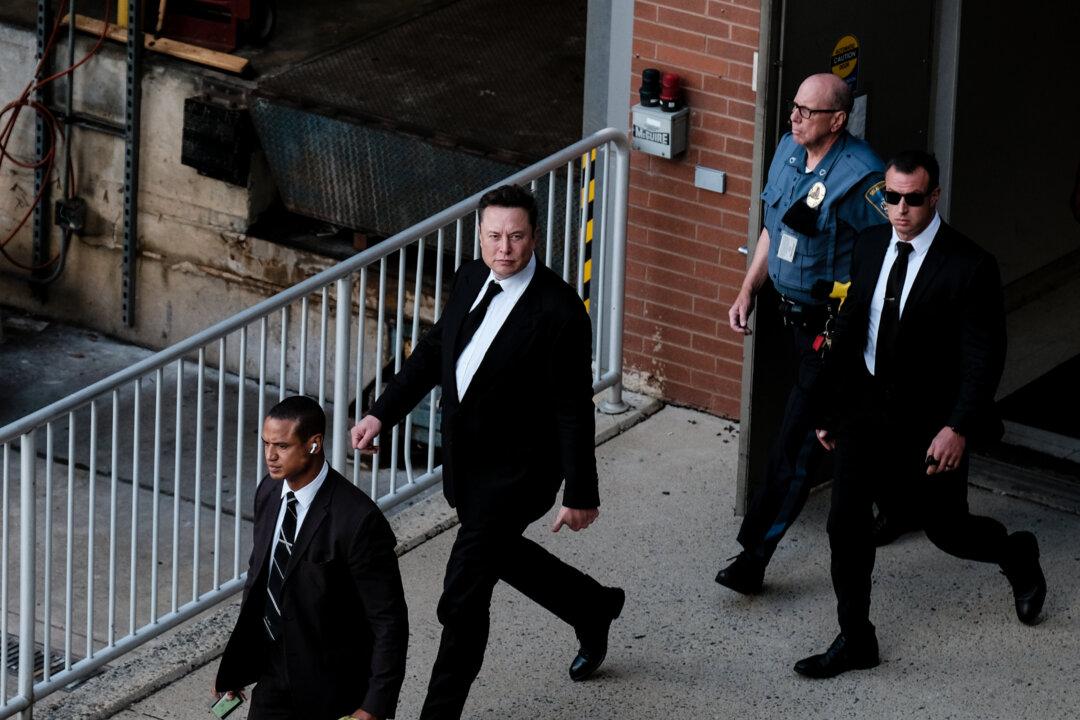A Delaware judge on Wednesday sided with Tesla CEO Elon Musk in a lawsuit brought by the electric vehicle maker’s shareholders that accused him of coercing the company’s board into buying SolarCity.
Tesla acquired California-headquartered SolarCity for $2.6 billion in 2016 in a stock-for-stock merger.




